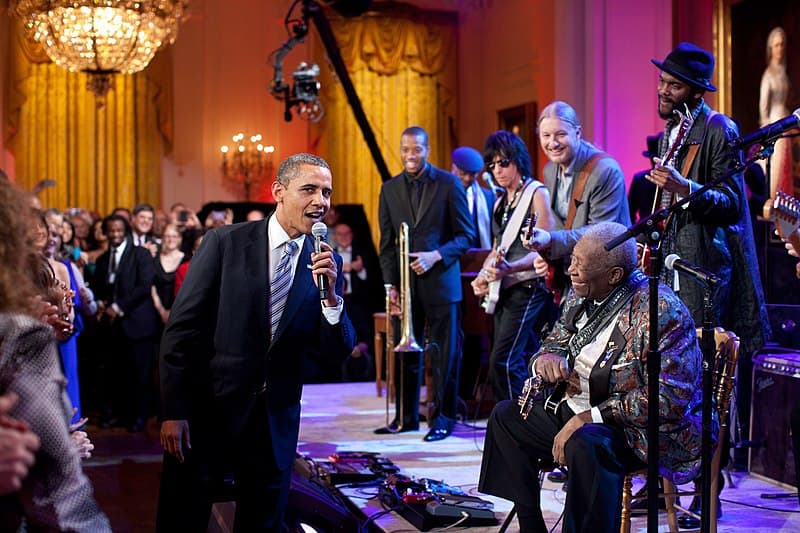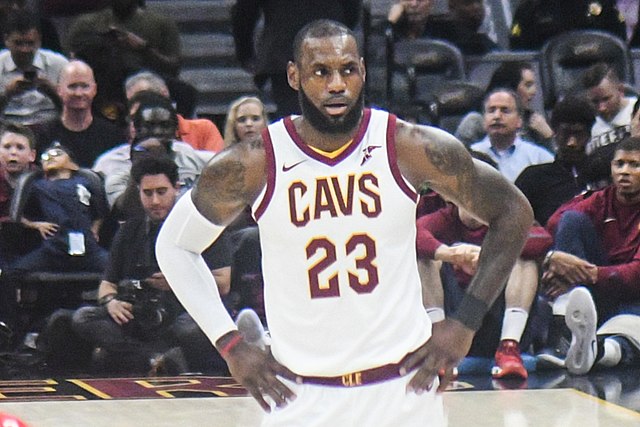Culture is the way of life of a people. It’s their customs, social behaviors, and ideas.
Like other ethnic groups, African Americans have their own with specific cultural values and practices.
Become an insider. Subscribe to our newsletter for more top trending stories like this!
African American cultural values and beliefs are based on the slavery of black Americans. The segregation of people of African heritage from American culture has also contributed greatly to these cultural values.
Here are five African American Cultural Values to know.
1. Black Family Values
The family bond witnessed today in African American families has its roots in slavery.
Black Americans are descendants of black slaves shipped from mostly West Africa. And because Africans valued family ties, the trend continued with the black slaves.
The slave masters understood that African American Cultural Values are what made the slaves stronger. Thus, they worked to break the family bond by separating members and selling them to different plantations.
But this didn’t stop the African slaves from bonding. In Africa, it’s okay to call someone not blood-related “uncle,” “cousin,” or “auntie,” etc. So, the trend continued in the United States, and the bonds became stronger through the hardships.
The black family is a key source of:
- Flexible family roles
- Strengthened work ethics
- Clear faith in family
- Powerful religious views
- Strong achievement orientation
In the black community, it’s normal for relatives to bring up and protect the children of other family members. It’s rooted in slavery, where the elderly could care for young ones whose parents were sold off into slavery.
Black heroes like Harriet Turban escaped from slavery. And because those were her people, she went back and rescued most slaves through the underground railway.
2. Community Bonding and Solidarity
According to Pew Research Center, 52% of black people say that where they live represents how they view themselves. Like in Africa, where some people live in ethnic groups, several black Americans live in black neighborhoods.
Half of the 20th century influenced black American identity in the US. Due to the strong racism at the time, black communities presented belongingness to people of African heritage.
The neighborhoods provided a venue for accumulating wealth and celebrating Black culture in a distinct and real manner.
Though the communities’ formation was due to structural racism and discrimination, they have seen the growth of talent in basketball and music. And neighborhoods like View Park–Windsor Hills and Baldwin Hills (Black Beverly Hills), Los Angeles County, California, are some of the rich black areas.
People Also Read: 11 Famous African Kingdoms and Their Prominent Rulers
3. Education
From the time of slavery, African Americans valued education. Black communities worked together to firm and finance public schools. Even when they were barred from accessing education, African Americans worked together with their supporters to build colleges for their people.
With the struggle to succeed in life, institutions of higher learning targeting black communities sprung up. Here are a few:
Become an insider. Subscribe to our newsletter for more top trending stories like this!
- Hampton University
- Howard University
- Lincoln University
- Xavier University of Louisiana
- Delaware State University
- Spelman College
- North Carolina Central University
- Jackson State University
And here are some black scientists who left a mark on the world:
- George Washington Carver
- Katherine Johnson
- Mae Carol Jemison
- Edward Bouchet
- Gladys West
Join our Spotcovery Global Black Community Facebook Group for early access to exclusive content and to share in a lively discussion.
4. Religion

Before slavery, Africans had their own religions. But when they were forced into slavery and shipped to the US, they met a new religion, Christianity and, later, Islam. For some, they had already converted to Christianity and Islam while in Africa.
Some adopted Christianity as their new religion and tried to fit it into their original religion. Others were reluctant, but they later gave in to Christianity because they were in a new environment.
With time, they started to use Christianity as their main religion.
Currently, a majority of African-American adults depend on prayers to make crucial decisions. And they feel racism pushes their faith. 60% attend religious places where the leaders and attendees are mostly black.
Nearly 80% of consumers visit directories with reviews to find a local business. List your business for free in our exclusive Spotcovery Black-Owned Business Directory.
5. Music and Dance
The Africans captured and shipped to America and forced into slavery brought their culture along. Music and dance, which were vital parts of African life, became major parts of black life in America.
For free Africans and slaves music was a means to worship, work and celebrate. They played music and sang at public displays and private social events serving both whites and blacks for money, and amusement. And they did these activities at the order of their masters.
Music was a crucial component of African American religious life. In the African Methodist Episcopal Church and other churches, spirituals and hymns were part of the preaching. And African American composers wrote many of these songs.
Despite the African features in African American music culture are evident, the black Americans music is a blend of musical African, Native American and European cultures. This is what gives African American music its uniqueness.
Do you have any African American cultural values? Feel free to share in the comments.
People Also Read: Black Culture: 10 Interesting Facts About Harriet Tubman
Interested in watching the full article video? See below. Subscribe to our YouTube channel for more original, inspiring videos on the black experiences.
Spotcovery offers unique and fresh daily content on Black culture, lifestyle, and experiences. We talk about everything black, black people, black-owned and black-owned businesses. We also deliver authentic and relevant content that will inform, inspire and empower you! The future of black media is a critical piece of the black experience of today! Our primary audience includes African American, African, Afro-Caribbean and people of African heritage. Black culture is for the culture!
Become an insider. Subscribe to our newsletter for more top trending stories like this!





